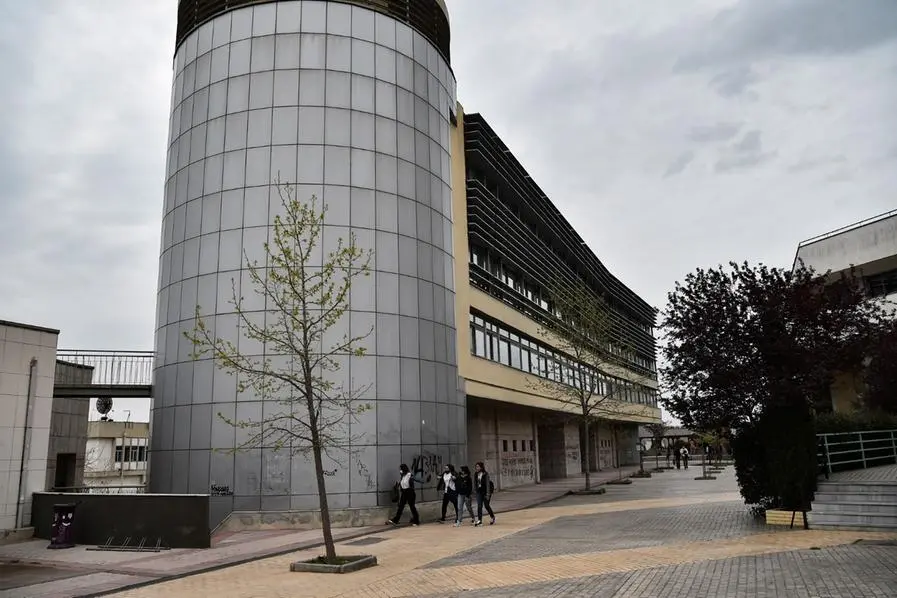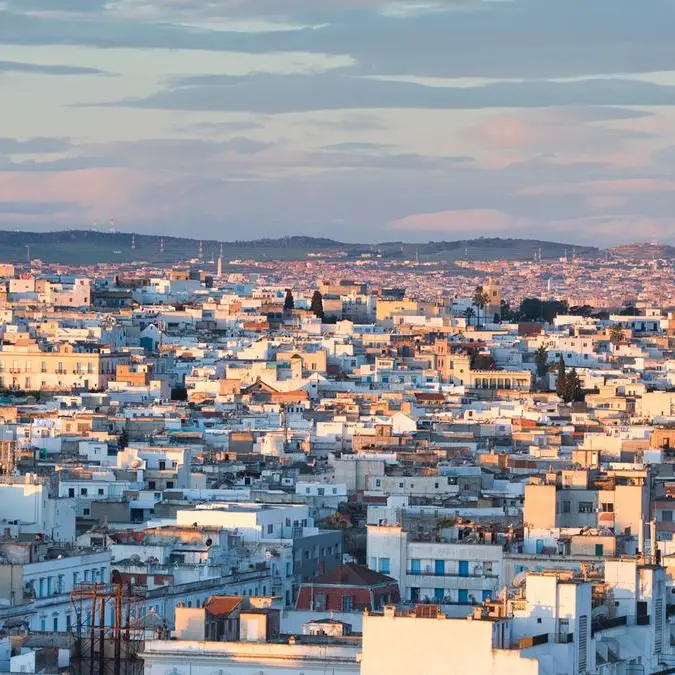PHOTO
Thousands of students protested in Athens Friday hours before parliament was set to approve a disputed law on private universities which they say will create a two-tier favouring the rich.
The new law will make degrees from approved private institutions equivalent to the ones from public universities while foreign universities will be allowed to open branches in Greece using a nonprofit status despite charging tuition fees.
Students say the law will favour rich students by allowing them to get into private universities with lower grades while earning a degree that is on a par with one from a public university.
Some 13,000 people according to police marched to parliament in Athens' central Syntagma Square on Friday, chanting slogans and brandishing banners against the reform.
"No to education for the few and chosen, free education for all," many chanted.
Several of the protesters wore masks with the face of Prime Minister Kyriakos Mitsotakis.
Demonstrator Iraklis Marinopoulos, 19, said the reform will "undermine" public university degrees and threaten regional universities that support smaller Greek cities.
"Wealthier students will be able to enrol with lower grades," he told AFP, arguing that the bill is unconstitutional.
"They will just pay and obtain a degree," he said.
Students have been protesting for nine weeks against the reform, which the government says will enable Greek public universities to enter into partnerships with prestigious foreign academic institutions, improving their international appeal.
Some 15,000 students staged a protest in Athens last month.
The government has promised to introduce strict rules for the way private institutions function.
Prime Minister Mitsotakis told parliament on Friday the reform would enable Greek students "to study at international universities without leaving home."
He called it "a step that opens new horizons to the new generation" and adds "Greece to the global education map.
"We are establishing something that exists even in North Korea. Sadly, we are probably the last alongside Cuba to have a hard state monopoly on higher education".
Ahead of the vote on Friday evening, which the ruling majority is expected to carry, opposition parties accused the government of chronically underfunding public universities.
Many university professors also oppose private institutions, which the students argue will offer lower entry requirements in return for hefty fees.
A 20-year-old engineering student who idenitified herself as Athina, said private institutions will eat into the meagre funds for public universities.
The parliament speaker for the main opposition Syriza party, Sokratis Famellos, said Greece spent just 7.1 percent of its budget on education when the European Union average is 9.6 percent.
And while the European average is one lecturer per 13 students, in Greece the average is 1 to 47, he said.
"You are doing this so that a few of your friends, some funds and colleges, can make a profit," Famellos told the chamber on Friday.
Public Greek universities are plagued by run-down infrastructure, political party meddling in student affairs, and random violence and vandalism.
Successive efforts by previous conservative governments to reform higher education have floundered in the face of student protests, many of them marred by violence.





















